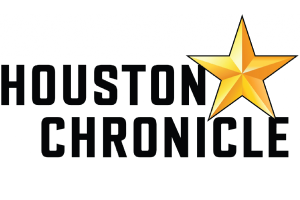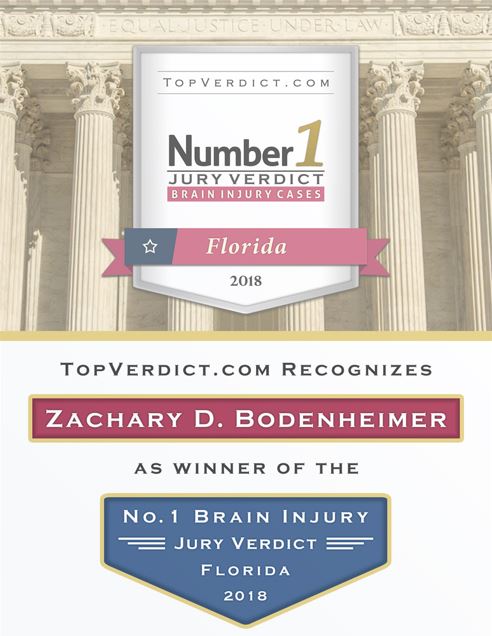- Free Consultation: 305-638-4143 Tap Here to Call Us
Is a Personal Injury Settlement Considered Marital Property in Florida?
Personal injury settlements can provide much-needed financial relief after an accident, covering medical expenses, lost wages, and compensation for pain and suffering. However, if you are married and going through a divorce in Florida, you might wonder if your personal injury settlement is considered marital property subject to division.
In Florida, the classification of a personal injury settlement depends on the circumstances of the settlement and how the funds are distributed. This blog will explore how Florida law treats personal injury settlements during a divorce and what you need to know to protect your rights.
Understanding Florida’s Equitable Distribution Law
Florida is an equitable distribution state, which means that marital property is divided equitably—though not always equally—during a divorce. To determine whether a personal injury settlement is considered marital property, it’s important to distinguish between marital assets and non-marital assets under Florida Statute § 61.075.
Marital Assets
Marital assets include property, income, and debts acquired during the marriage, regardless of who holds the title. Examples of marital assets include jointly owned homes, income earned during the marriage, and retirement accounts accumulated during the relationship.
Non-Marital Assets
Non-marital assets are typically those acquired before the marriage or through inheritance or gifts specifically given to one spouse. These assets generally remain the sole property of the individual spouse.
The classification of a personal injury settlement hinges on whether it is categorized as a marital or non-marital asset, and this depends on how the settlement is structured.
When Is a Personal Injury Settlement Considered Marital Property?
A personal injury settlement may be partially or entirely considered marital property depending on the purpose of the compensation. Settlements are typically broken into several components, and each component is treated differently in a divorce:
Compensation for Lost Wages
Lost wages compensated in a settlement may be considered marital property if the wages would have been earned during the marriage. For example, if your settlement includes compensation for missed work during the time you were married, that portion may be subject to division.
Medical Expenses Paid from Marital Funds
If marital funds were used to pay for medical expenses related to your injury, the portion of the settlement reimbursing those expenses may be considered marital property.
Compensation for Pain and Suffering
Compensation for pain and suffering is generally considered non-marital property because it is awarded to the injured individual as personal compensation for their physical and emotional suffering, not as a shared marital asset.
Future Lost Wages or Medical Expenses
Future lost wages or medical expenses may be classified as non-marital property if they are meant to address the injured individual’s needs after the divorce. However, this classification can depend on the timing of the settlement and the nature of the award.
Factors That Affect the Classification of a Settlement
Several factors can influence whether a personal injury settlement is considered marital property in Florida, including:
1. Timing of the Settlement
If the settlement is received before the marriage or after the divorce filing, it is generally classified as non-marital property. Settlements received during the marriage are more likely to be scrutinized for potential marital components.
2. Commingling of Funds
If settlement funds are deposited into a joint account or used for marital expenses, they may be considered commingled, making them more likely to be classified as marital property. To avoid this, keep settlement funds in a separate account in your name only and avoid using them for shared expenses.
3. Structure of the Settlement Agreement
How the settlement is itemized can significantly impact its classification. If the settlement explicitly separates compensation for pain and suffering, lost wages, and medical expenses, it is easier to determine which portions are marital or non-marital.
FAQs About Personal Injury Settlements and Marital Property in Florida
Q1: Is my entire personal injury settlement at risk during a divorce?
No, not necessarily. Only certain portions of the settlement, such as compensation for lost wages during the marriage or reimbursement for marital medical expenses, may be considered marital property. Compensation for pain and suffering is typically non-marital.
Q2: What happens if I receive the settlement after filing for divorce?
If you receive the settlement after filing for divorce, it is more likely to be classified as non-marital property, especially if the settlement addresses future losses or pain and suffering.
Q3: Can my spouse claim my settlement if it’s in a joint account?
If the settlement funds are deposited into a joint account, they may be considered commingled, making them potentially subject to division. Keeping the funds in a separate account can help protect them.
Q4: Do I need to disclose my settlement during the divorce?
Yes, all assets, including personal injury settlements, must be disclosed during divorce proceedings. Failure to disclose assets can lead to legal consequences and potentially void a divorce settlement.
In Florida, whether a personal injury settlement is considered marital property depends on the purpose of the settlement, how the funds are used, and the timing of the award. By understanding the factors that affect settlement classification and taking proactive steps to protect your funds, you can navigate the complexities of divorce with greater confidence.
At Flanagan & Bodenheimer, we exclusively focus on personal injury cases in Florida, including car accidents, truck accidents, motorcycle accidents, wrongful death, and more. If concerns about the division or handling of your settlement arise during your case, we can recommend trusted professionals, such as divorce attorneys or financial advisors, to guide you through those complexities after we reach a settlement or verdict. Our goal is to ensure you have the right support and resources to navigate every aspect of your recovery and financial well-being.












